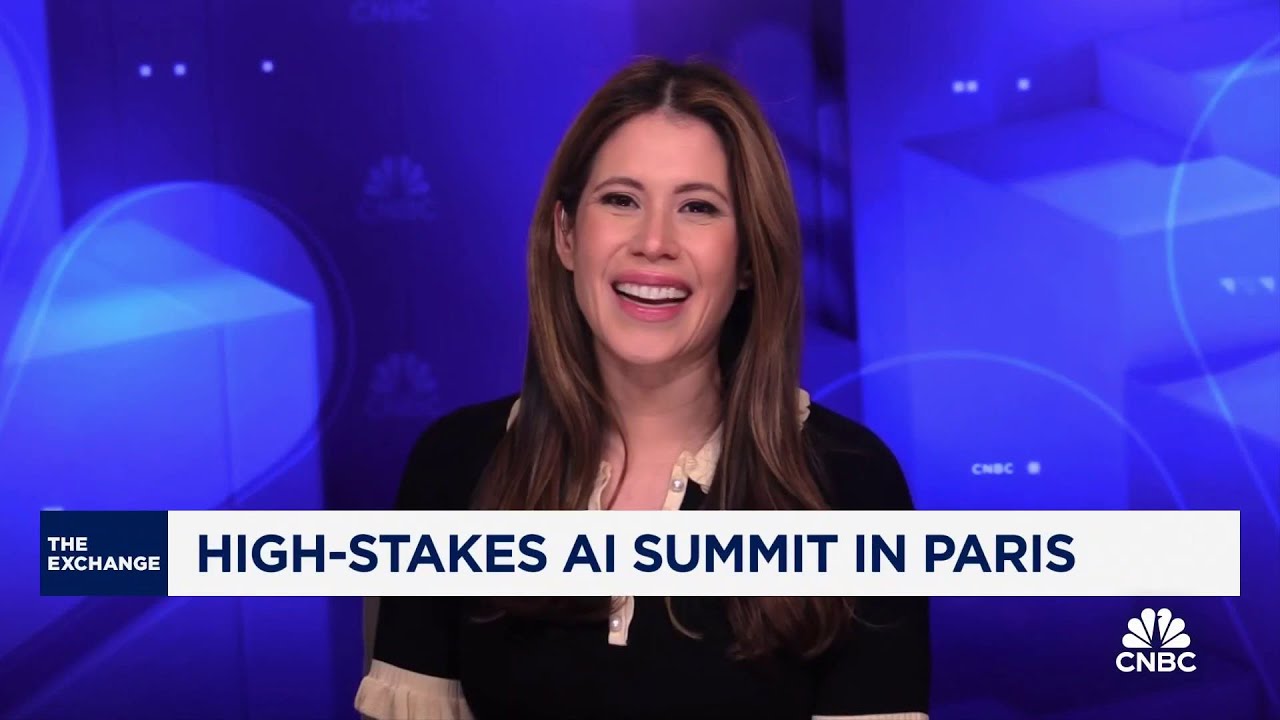At a summit in Paris, Vice President J.D. Vance called for less regulation on artificial intelligence to promote innovation, arguing that excessive caution could hinder progress and favor established companies. The event showcased a shift towards optimism in the tech community regarding AI’s potential, with discussions highlighting the competitive landscape and the emergence of new players like the French startup Mistral Air.
At a high-stakes summit in Paris, tech executives and world leaders, including Vice President J.D. Vance, gathered to discuss the future of artificial intelligence (AI). Vance emphasized the Trump administration’s pro-AI stance, advocating for less regulation in order to foster innovation and development in this transformative technology. He argued that overly cautious approaches could hinder progress and unfairly benefit established players in the industry, ultimately stifling one of the most promising technological advancements in recent history.
Vance’s keynote address highlighted a growing trend among tech leaders, where the pessimistic views surrounding generative AI are losing traction to a more optimistic perspective. This shift was evident at the summit, where many attendees expressed enthusiasm for the potential applications of AI, rather than focusing solely on its risks. Vance’s remarks resonated with many in the tech community, who are eager to see AI flourish without excessive regulatory constraints.
The summit also featured discussions about the competitive landscape of AI, with notable figures like Sam Altman and Sundar Pichai in attendance. Andrew Feldman, CEO of Cerebras, noted the ongoing rivalry between tech giants, particularly the public disputes between Altman and Elon Musk. This competitive spirit is driving innovation and attracting attention to new players in the AI space, such as Mistral Air, a French startup that has gained popularity with its open-source AI application, Le Chat.
The emergence of Mistral Air and its success at the summit underscores a broader trend of increasing competition in the AI sector. The company has cited breakthroughs from other innovators, like DeepMind, as inspiration for its own advancements. This collaborative spirit among AI developers is seen as a crucial element in the global race for AI supremacy, particularly as European companies seek to establish themselves alongside their American counterparts.
Overall, the Paris summit served as a platform for leaders to advocate for a more open and less regulated approach to AI development. With the backing of influential figures like Vice President Vance, the conversation is shifting towards embracing the potential of AI, rather than succumbing to fears of its implications. As the industry evolves, the focus will likely remain on fostering innovation while navigating the challenges that come with rapid technological advancement.
